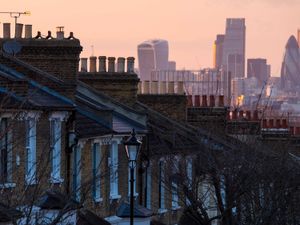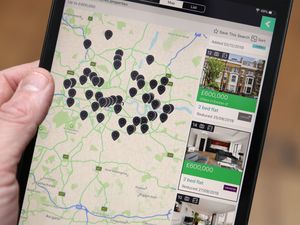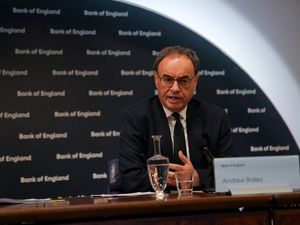Stamp duty blow to first-time buyers and second home investors
Experts said Britain’s property sector would be knocked by stamp duty changes, with an ‘overnight’ hike for second-home buyers.

Britain’s property sector was dealt a double blow after the Chancellor increased stamp duty charges on second homes and failed to extend the tax relief for first time buyers.
Rachel Reeves announced the Government would increase the Stamp Duty Land Tax payable on second homes and buy-to-let from 3% to 5% from Thursday in a move experts have warned will send demand from property investors slumping.
First time buyers were also hit hard by Ms Reeves’ decision not to extend the relief for those buying their first home, which had been set at £425,000 on a temporary basis in 2022.
This means that from March 31 next year, the nil rate band will revert back to £125,000, meaning an extra 20% of first time buyers will have to pay more in stamp duty, according to experts.
Ben Thompson, deputy chief executive of the Mortgage Advice Bureau, said: “Not extending the current uplifted threshold for stamp duty leaves the Chancellor at risk of all the good work done over the last year.
“People will simply choose not to move, continue to be stuck renting with all the uncertainty that that brings.
“With house prices rising, many more buyers will end up with a stamp duty bill, or face paying even more.
“At this phase in what has been a very slow and fragile recovery, change is unwelcome and potentially damaging, and the extension should have been left well alone.”
The Treasury insisted that the move to increase the duty for second home buyers would give first-time buyers and those looking to move house a “comparative advantage over second home buyers, landlords, and businesses purchasing residential property”.
It claimed the decision would result in 130,000 additional transactions over the next five years by first-time buyers and other people buying their primary residence.
The duty increase will also raise more than £1.2 billion in tax between this financial year and 2029-30, according to the Treasury’s Budget document.
However, those in the property sector said it would damage the property market and could lead to thousands of purchases being abandoned.
Peter Stimson, head of product at MPowered Mortgages, said buy-to-let landlords and second home owners “were expecting another tax squeeze from the Chancellor, but what they got was a whack with a hammer”.
“A sector rendered fragile by successive tax raises and interest rate rises is now likely to be clinging on by its fingernails,” he said.
He added: “The changes come into force from tomorrow, so there’s a real danger that thousands of purchases that were already in the pipeline will now be abandoned.”
Coventry Building Society estimated that the higher stamp duty level for second homes will see the cost of the tax on an average property in England worth £309,572 rise by more than £6,000 to £18,457 “overnight”.
The bill will then shoot up to £20,957 from next March when the temporary thresholds end.
The building society said it could end up having a knock-on effect on landlords and rents.
Jonathan Stinton, head of intermediary relationships at Coventry Building Society, said: “It’s a significant blow to the sector and, without dramatic housebuilding to improve supply, it could lead to a shortage of rental homes, and push rents up.”





